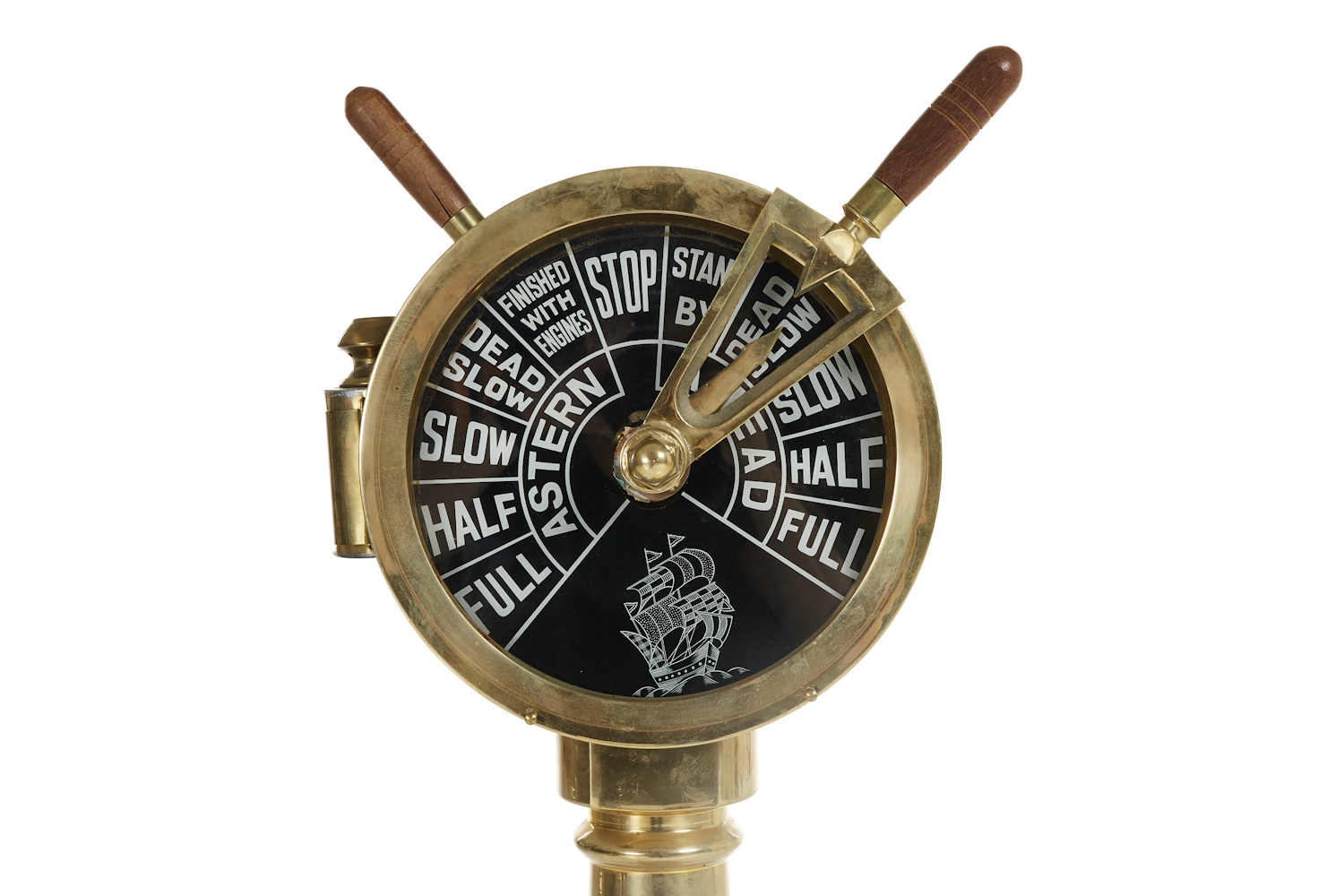
When your need for control gets in your own way
We are wired to stay safe. Our brain is always trying to ensure our survival, even though it is often misguided in its efforts because we are living in times very different than when the brain was evolving.
As part of our built-in safety regimen, the brain’s programming directs us towards certainty. Which means that we try to stick with situations we can be certain about or we try to create certainty through planning or controlling the situation. This keeps us out of ambiguity and not knowing. These are, by the brain’s definition, UNSAFE. The brain will do almost anything to avoid not knowing.
- We might make up a story or invent some ‘facts’ so we can feel a sense of certainty (you can see why conspiracy theories are so attractive).
- We can make assumptions as to what others are thinking without seeking clarity and confidently base our actions on those assumptions.
- We might tell other people what to say and do and even how they should feel so that we have a sense of control around them.
- We might try to fix other people’s problems (and even invent a problem to fix).
- We might buy things we don’t need, for example during coronavirus, people bought unnecessary amounts of toilet paper and pasta just to maintain some semblance of control or certainty.
Wanting control is natural but maybe not helpful
It’s not a bad thing to want to have things in control and to know or predict what’s going to happen. But it can seriously get in the way.
A lot in this world is out of our control and it can be distressing if we think we are responsible for it or that we should stop it or fix it. We will only stress ourselves out if we think we should be controlling events like other people becoming sick or harming themselves, for example.
We can try to influence others of course, but we’ll never single-handedly be able to control the wars, the decisions that keep industries polluting and the things people say around us or to us.
And yet our nervous system is still activated when these things happen. We can feel uncomfortable, frustrated, scared or even panicked.
We cannot control others we can only control ourselves
Ironically, we can control some of our reactions once we recognise the innate controlling mechanisms within us. Here are some ideas of what you can do:
- Recognise the threat responses that the brain/body creates and counteract them by taking slow deep breaths to calm the nervous system.
- Discipline yourself to stop ruminating on problems – this just generates more and more stress.
- Find beliefs you have about why controlling your world is necessary and retrain yourself that trying to control others does not truly get you the result you want.
- Release our own need for control and learn to embrace -or at least be curious about- change and innovation.
As a coach or leader, we can help our clients or team members address their need for control, how it backfires for them and what they can do about it.
Coaches Going Corporate

Coaches Going Corporate takes your coaching to the next level. The chapter on the neuroscience of coaching provides a model to help your clients understand their inner drivers, like a need for certainty.
more info